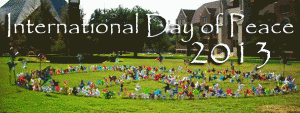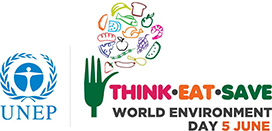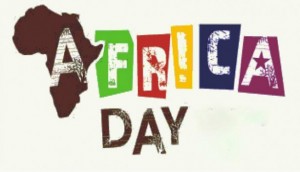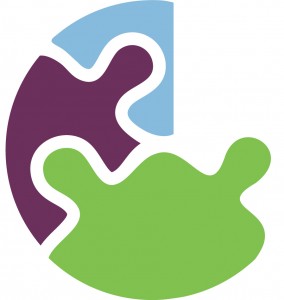 This coming Saturday – the 21st September is the United Nations International Day of Peace and this year’s chosen theme is ‘Education for Peace’. The 2013 Peace Day theme highlights education as an important path toward a more peaceful world as well as the crucial need for educational programming specific to the subject of peace. Achieving gains in education will have an impact on all the Millennium Development Goals as well, from lower child and maternal mortality, to better health, higher income and more environmentally-friendly societies. 250 Million children cannot read, write or count well, even those with at least 4 years in school. Children have a fundamental right to free primary schooling of good quality.
This coming Saturday – the 21st September is the United Nations International Day of Peace and this year’s chosen theme is ‘Education for Peace’. The 2013 Peace Day theme highlights education as an important path toward a more peaceful world as well as the crucial need for educational programming specific to the subject of peace. Achieving gains in education will have an impact on all the Millennium Development Goals as well, from lower child and maternal mortality, to better health, higher income and more environmentally-friendly societies. 250 Million children cannot read, write or count well, even those with at least 4 years in school. Children have a fundamental right to free primary schooling of good quality.
When we put education first, we can reduce poverty and hunger, end wasted potential – and look forward to stringer and better societies for all
Ban Ki-moon #EducationFirst
World Environment Day (‘WED’) is celebrated every year on 5 June to raise global awareness of the need to take positive environmental action. It is run by the United Nations Environment Programme (UNEP).
This year’s theme is Think.Eat.Save – an anti-food waste and food loss campaign that encourages you to reduce your foodprint. According to the UN Food and Agriculture Organization (FAO), every year 1.3 billion tonnes of food is wasted. This is equivalent to the same amount produced in the whole of sub-Saharan Africa. At the same time, 1 in every 7 people in the world go to bed hungry and more than 20,000 children under the age of 5 die daily from hunger.
Think.Eat.Save – encourages you to become more aware of the environmental impact of the food choices you make and empowers you to make informed decisions.
If food is wasted, it means that all the resources and inputs used in the production of all the food are also lost. For example, it takes about 1,000 litres of water to produce 1 litre of milk and about 16,000 litres goes into a cow’s food to make a hamburger. The resulting greenhouse gas emissions from the cows themselves, and throughout the food supply chain, all end up in vain when we waste food.
Making informed decisions therefore means, for example, that you purposefully select foods that have less of an environmental impact, such as organic foods that do not use chemicals in the production process. Choosing to buy locally can also mean that foods are not flown halfway across the world and therefore limit emissions.
So think before you eat and help save our environment!
Find out more here: http://www.unep.org/wed/
Africa Day, designated by the African Union as an annual celebration of the continent’s unity, falls on 25th May each year. Celebrations to mark the day occur across the globe: in some African states, it is a designated national holiday, while in diverse cities – such as New York, London and Washington – academic gatherings and cultural showcases mark the day.
Africa Day 2013 is an especially important celebration: it marks the 50th anniversary of Africa Day and African unity. This will offer an important opportunity to reflect on the progress and transformation that has taken place across the African continent, as well as the issues that continue to hinder development, such as security, hunger and inequality.



